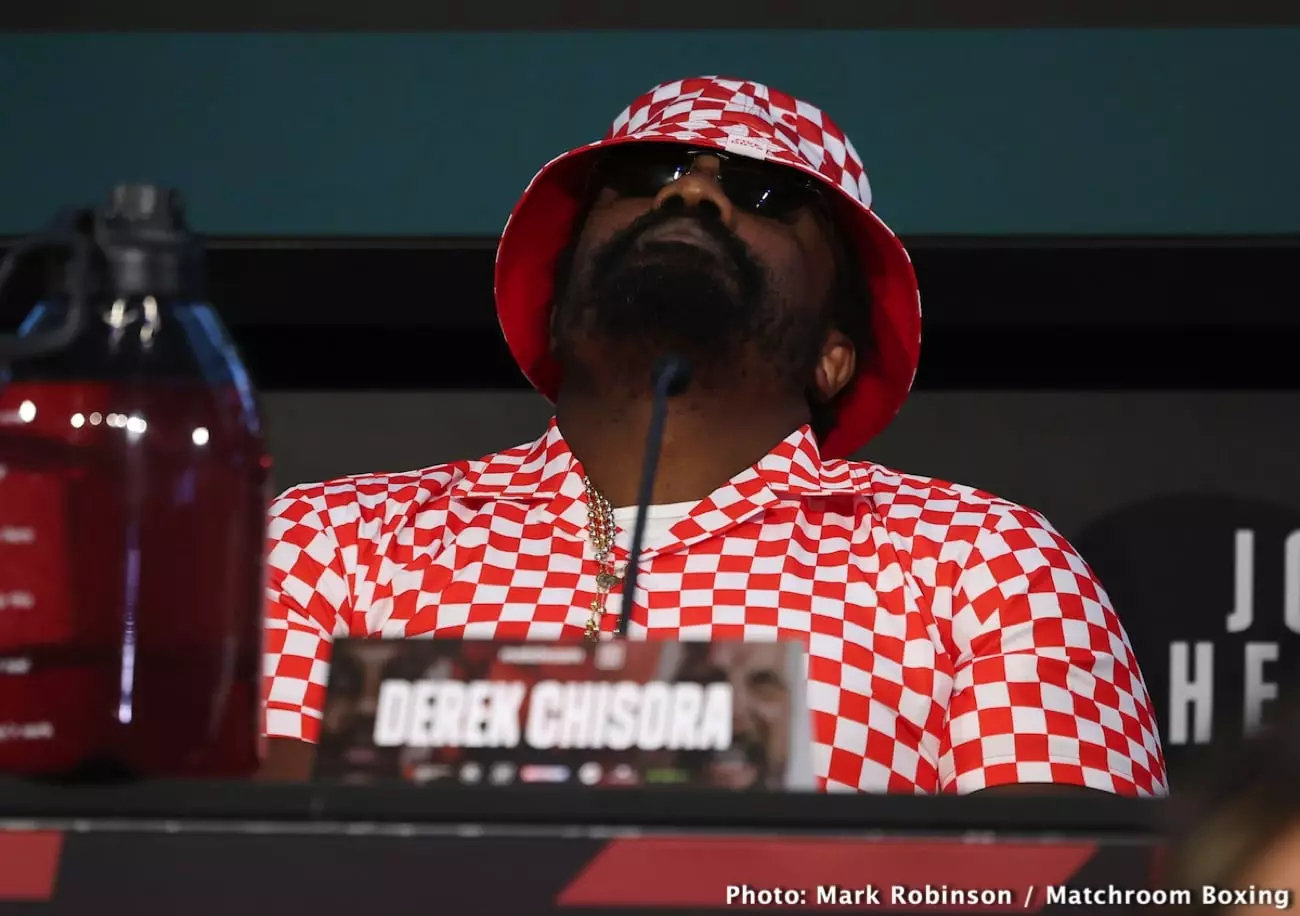Dillian Whyte’s recent fight against Ebenezer Tetteh has left fans and analysts scratching their heads about the future of the seasoned boxer. At 36 years old, Whyte displayed signs of fatigue and vulnerability that sparked concern over his competitive viability. Despite winning the bout, which ended after the seventh round, his performance was far from convincing. Many observers were struck by how Whyte struggled against Tetteh, a fighter whose skills appeared to be largely unrefined. This mismatch highlighted a concerning trend for Whyte, whose career has been marked by a mix of highs and lows, pushing many to ponder if his time at the elite level has come to an unceremonious end.
In the aftermath of this fight, Whyte’s ambitions remained sky-high, with aspirations for matchups against formidable opponents like Anthony Joshua and Tyson Fury. However, these targets appear increasingly unrealistic given his current form. It’s evident that Whyte’s belief in his potential resurgence is a reflection of a hopeful mindset rather than a tactical assessment of his boxing capabilities. He may view himself as still capable of challenging the best, but the evidence on display suggests otherwise. The harsh reality is that, at this stage in his career, a significant improvement seems unlikely.
The Question of Suitability
If Whyte is determined to continue competing, it is vital for him to seek opponents who match his current state—fighters who are also navigating the twilight of their careers. A third match against Derek Chisora emerges as a realistic option, as both fighters, despite their faded prowess, could deliver an entertaining bout for nostalgic fans. Alternatively, a clash with Joe Joyce, who is known for his relentless fighting spirit, poses a different type of challenge, albeit one that could end badly for Whyte, given Joyce’s ability to absorb and retaliate with powerful strikes.
Shifting Focus to Realism
The boxing community must brace for a stark shift in the trajectory of Whyte’s career. It’s essential for him to engage in realistic matchups, as the days of fighting top-tier contenders seem to be firmly behind him. The lingering question, however, revolves around whether he is willing to acknowledge this shift and adjust his expectations accordingly. As hobbies fade and youth diminishes, many boxers struggle with the concept of moving on. This transition can be tough, both emotionally and professionally.
As the dust settles from his last fight, the focus shifts to the next chapter of Whyte’s career. The possibility of extended decline looms large if he continues to ignore the signs. Whether he goes on to face younger, hungry fighters or opts for a nostalgic bout against familiar foes, one reality remains clear: Dillian Whyte’s time at the top is dwindling. Ultimately, it is a time for evaluation, reflection, and perhaps, a respectful exit from the sport that has defined so much of his life. The road ahead poses significant difficulties, and without a strategy centered on realism, Whyte’s journey may become a struggle rather than a triumphant return.

